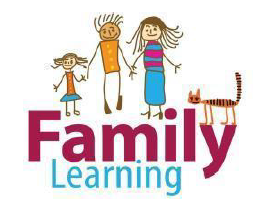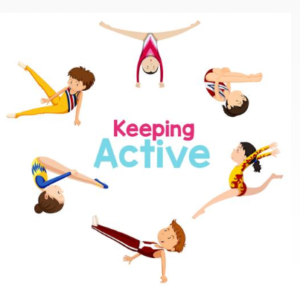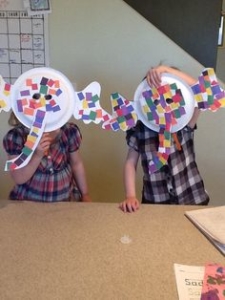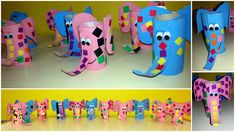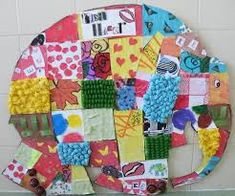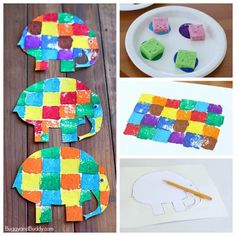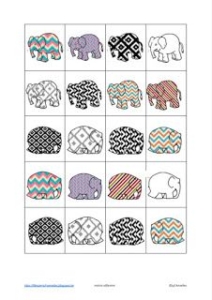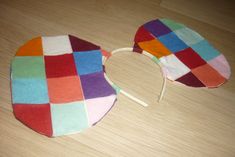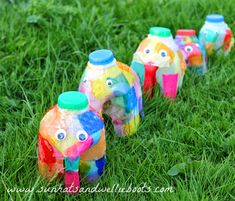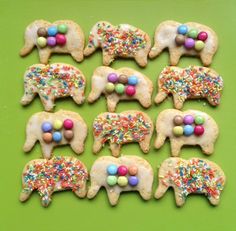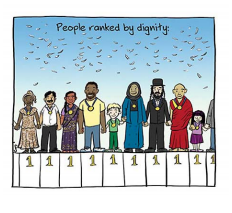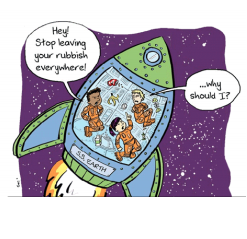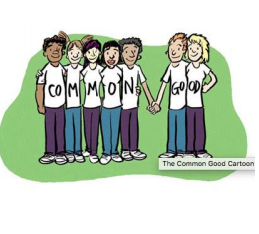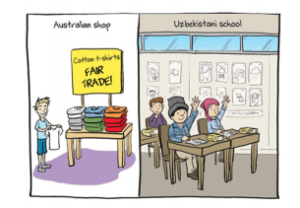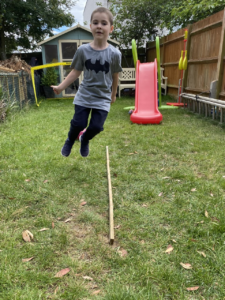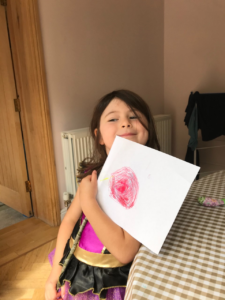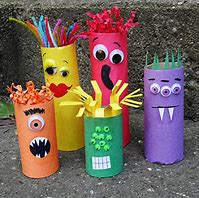Please log onto the live stream at OLSV church for Mass at 9.30 am as we celebrate a school Mass for our school patron St Paul VI.
Yesterday we celebrated the twin founders of the Church in Rome. Both St. Paul and St. Peter proved that they were committed and faithful disciples by laying down their lives for Jesus and His Gospel. St. Paul was beheaded and St. Peter was crucified upside down.
Read about their lives in the link below
http://www.wednesdayword.org/downloads/features/St-peter-&-paul-pop-
Read the Gospel that is read in Church on the feast of St Peter and St Paul
Gospel: Matthew 16:13-19
Jesus went to the territory near the town of Caesarea Philippi, where he asked his disciples, “Who do people say the Son of Man is?”
“Some say John the Baptist,” they answered. “Others say Elijah, while others say Jeremiah or some other prophet.”
“What about you?” he asked them. “Who do you say I am?”
Simon Peter answered, “You are the Messiah, the Son of the living God.”
“Good for you, Simon son of John!” answered Jesus. “For this truth did not come to you from any human being, but it was given to you directly by my Father in heaven. And so I tell you, Peter: you are a rock, and on this rock foundation I will build my church, and not even death will ever be able to overcome it. I will give you the keys of the Kingdom of heaven; what you prohibit on earth will be prohibited in heaven, and what you permit on earth will be permitted in heaven.”
The Gospel of the Lord
Why did Jesus give Simon Peter a new name and the keys to the kingdom?
Simon Peter recognised and believed that Jesus was the Son of God. He had great faith and was willing to put that faith into words but also into actions.
Because of Peter’s great faith, Jesus gave him the keys to the kingdom of Heaven. What are keys usually used for?
Keys lock doors, but they also open them. As a disciple, Peter spent his time sharing Jesus’ message with other people. He opened their hearts to God’s love, just like a key opens a door.
We can open our hearts by taking some time to stop and listen, to pray and to try to hear what Jesus is asking us to do. We can show our faith in our prayers and in our actions. We can try to follow Jesus’ commandments to love God and to love our neighbour. We can be kind and generous to others and we can try to make the world a fairer place where all people get what they need.
Can you think of some key words that show us what Jesus asks us to do? (eg. love, believe, forgive, give, share, hope etc)
These are just like the keys to God’s kingdom – which open us up to God’s love.
This week let’s try to be more loving, more forgiving and more generous to others. Let us try to bring hope to others. And let’s try to open our hearts to welcome Jesus in.
What will you do this week to show your faith in Jesus and to welcome him into your heart?
Draw a large outline of a key and write or draw what you will do to open your heart to Jesus in the coming week or the “key words” that sum up what Jesus asks us to do.


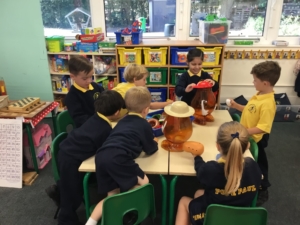
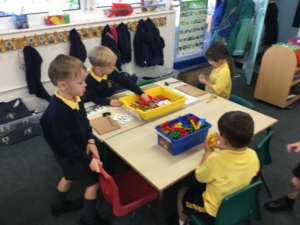


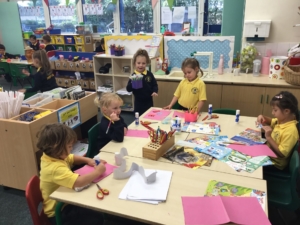
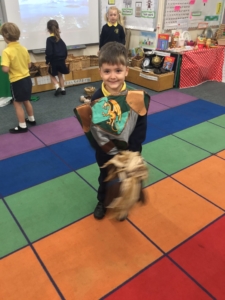
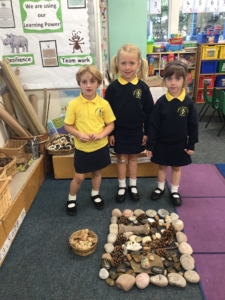
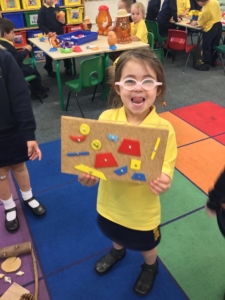
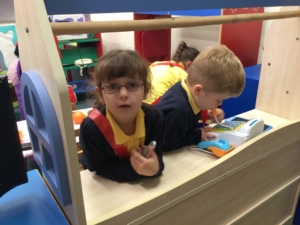
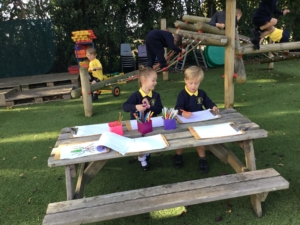
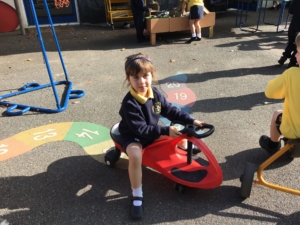
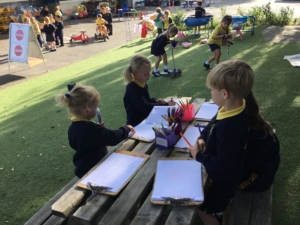
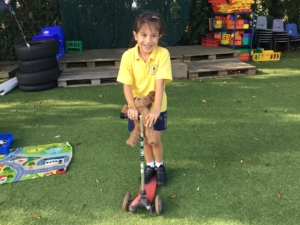
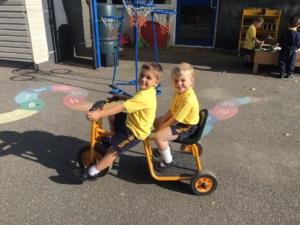
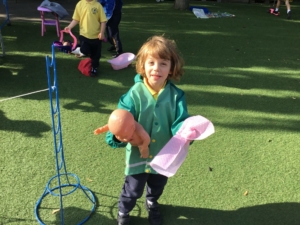
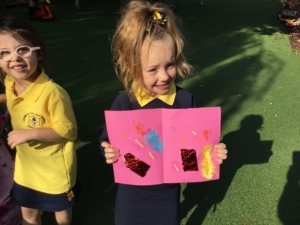
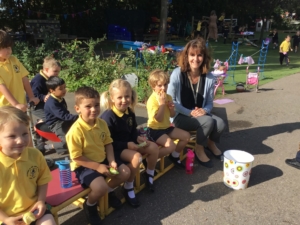
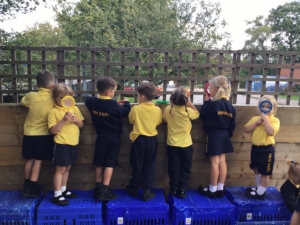
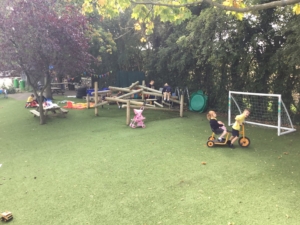
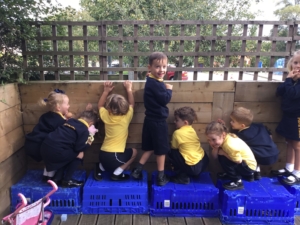
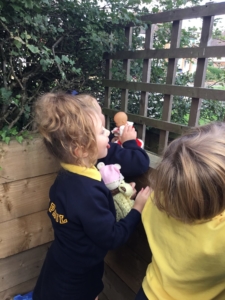
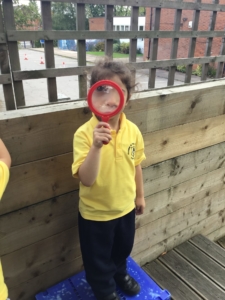
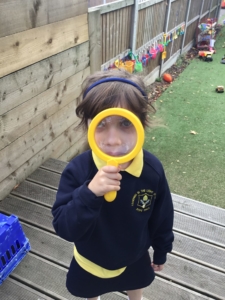
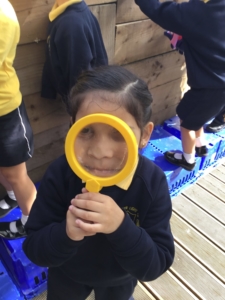
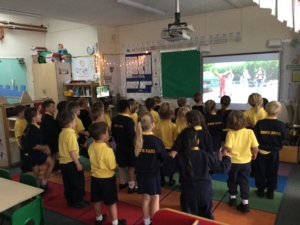
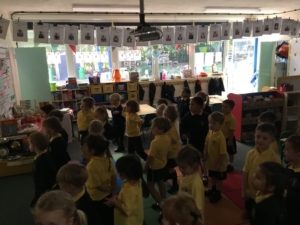
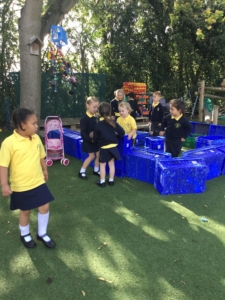
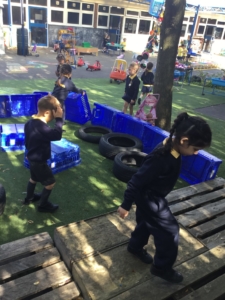
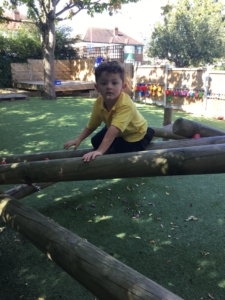
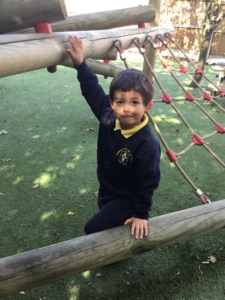

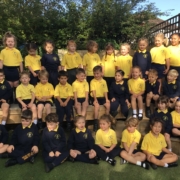


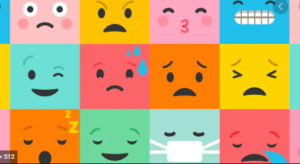
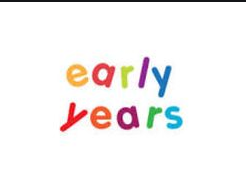
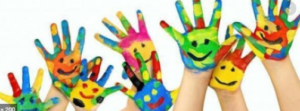
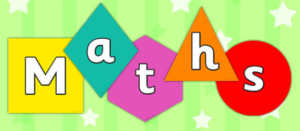



 Click on the Music Icon to see what’s in store for you!!
Click on the Music Icon to see what’s in store for you!!

